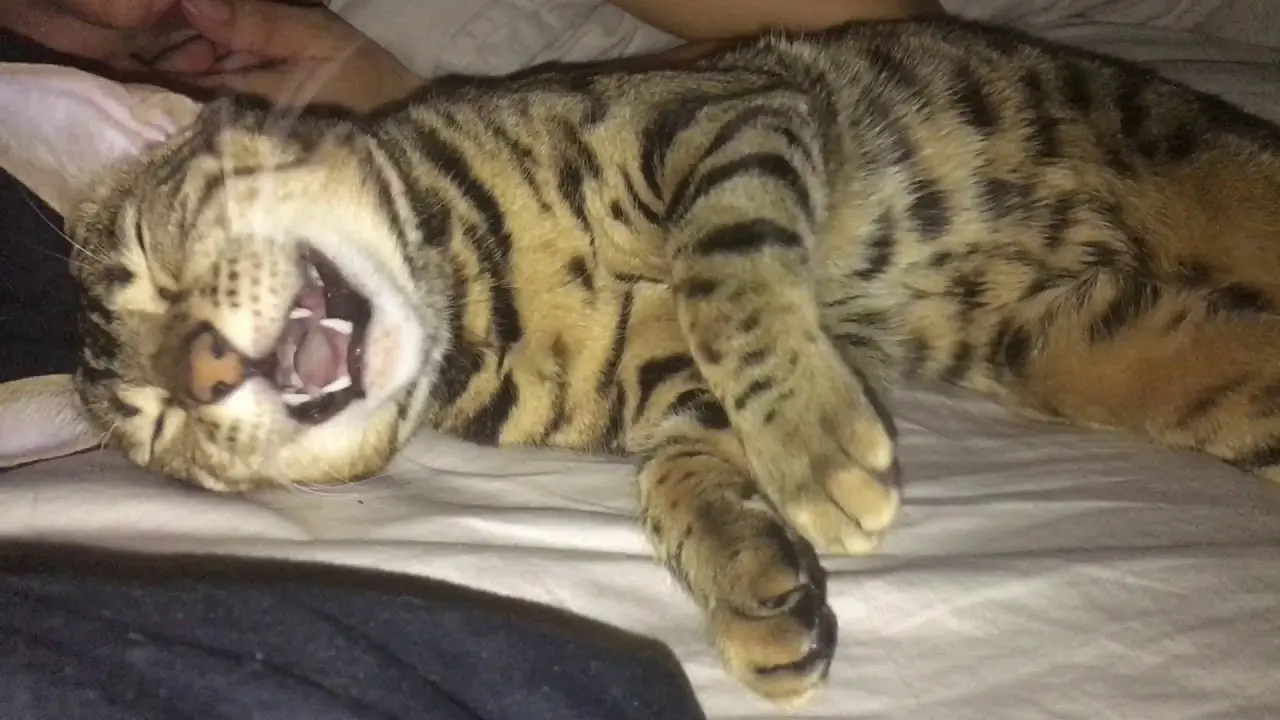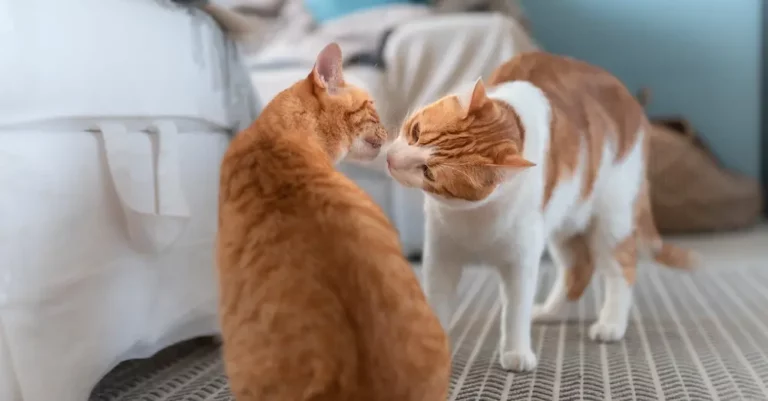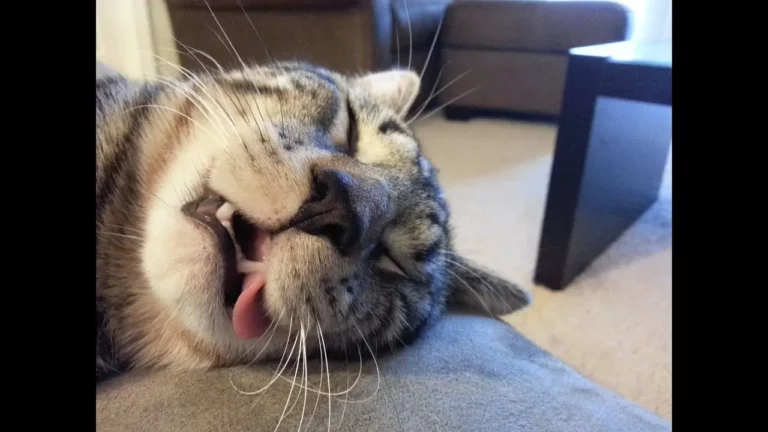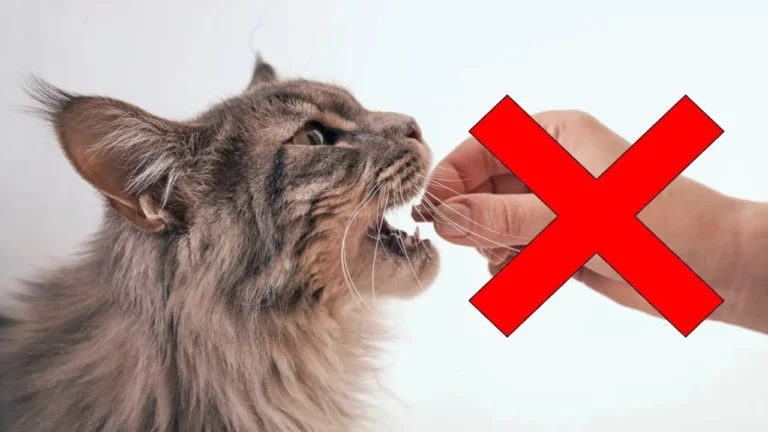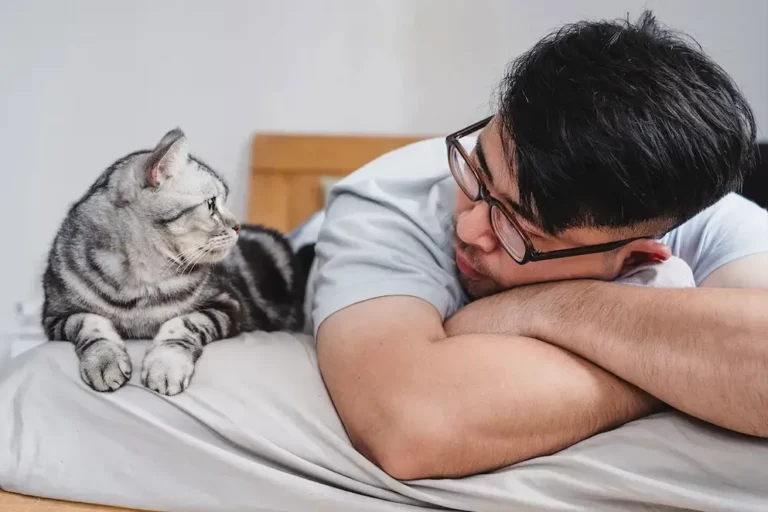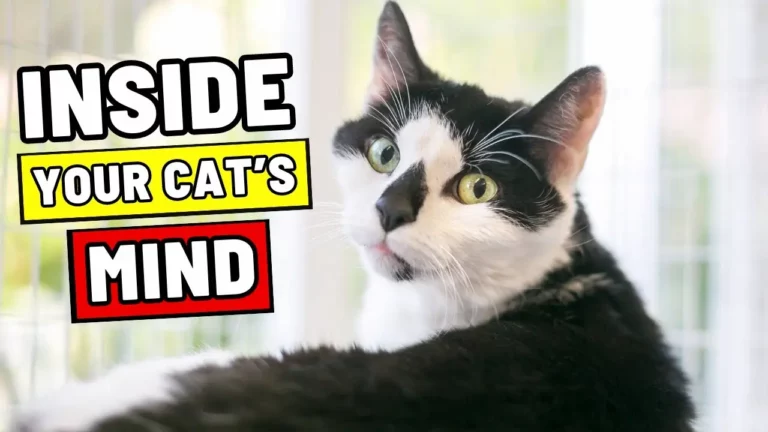Why Cats Snore And When You Need To Be Concerned
You might’ve noticed your
Snoring in cats can be due to simple reasons like their sleeping position or breed characteristics, but sometimes it hints at underlying health issues. Is your kitty’s snoring louder or more frequent than usual?
Does it happen when they’re awake? These could signal a problem that requires attention.
Common Causes of Cat Snoring
Cats snore for a variety of reasons, ranging from their sleeping position to underlying health issues. One common cause is the way they’re positioned while sleeping.
If your
It’s similar to how humans might snore when their necks are at awkward angles.
Another factor to take into account is your
Overweight cats are more likely to snore because excess fat can accumulate around the throat, narrowing the airways.
This makes it harder for air to pass through smoothly, resulting in snoring. Maintaining a healthy weight through proper diet and exercise can help alleviate this issue.
Certain breeds with flat faces, like Persians and Himalayans, are more prone to snoring due to their unique facial structures. Their shorter nasal passages can restrict airflow, making snoring more likely.
Respiratory conditions, such as asthma or a respiratory infection, can also cause your
These issues often come with other symptoms, like coughing or difficulty breathing, so it’s important to monitor your
Normal Snoring Vs. Abnormal Snoring
While many causes of
Normal snoring in cats often occurs when they’re in a deep sleep, especially if they’re lying in a position that partially obstructs their airway.
This kind of snoring is usually soft and rhythmic, stopping once they shift positions.
On the other hand, abnormal snoring is typically louder, more frequent, and can happen even when your
If you notice that your
Additionally, if your
Regular snoring could be due to benign factors like your
However, when snoring is persistent and appears to cause discomfort, it’s a sign to consult your veterinarian. Recognizing these differences can help make sure your
Health Issues Linked to Snoring
Have you ever wondered what health issues could be linked to your
One common issue is obesity. Extra weight can cause fat to accumulate around the throat, narrowing the airway and making it harder for your
Another potential health issue is respiratory infections.
Cats can suffer from upper respiratory infections, similar to human colds, which can cause congestion and lead to noisy breathing during sleep.
Allergies are also a concern, as they can inflame the nasal passages and contribute to snoring.
Additionally, dental problems might be to blame. Infections or abnormalities in your
More seriously, growths such as polyps or tumors in the nasal passages or throat can block airways and cause snoring.
Lastly, structural abnormalities, such as brachycephalic syndrome in flat-faced breeds like Persians, can lead to chronic snoring due to their shortened airways.
When to See a Vet
If your
Persistent snoring can sometimes signal underlying health issues that need professional attention.
Look out for signs like labored breathing, coughing, sneezing, or a change in your
These symptoms may indicate respiratory infections, allergies, or even more serious conditions like asthma or heart disease.
It’s also essential to observe your
If you notice your
Behavioral changes, such as increased irritability or hiding, might also suggest discomfort or illness.
When you take your
This information helps the vet perform a thorough examination and possibly recommend diagnostic tests, like X-rays or blood work, to identify the root cause.
Early detection and treatment of health issues can make a significant difference in your
Your vet is your best resource for ensuring your
Tips for Managing Snoring
To help manage your
Confirm their bedding is clean and free from allergens that can cause respiratory issues.
Next, consider the position your
Sometimes, a simple change in sleeping posture can reduce snoring. If your
Placing a small pillow or rolled-up towel can support this new position.
Diet also plays a role in snoring. Ensure your
Consult your vet for the best dietary recommendations tailored to your
Lastly, keep your home free from irritants like smoke, strong perfumes, and excessive dust.
Regular cleaning and avoiding smoking indoors can improve air quality, making it easier for your
Conclusion
So, if your
If you notice louder, more frequent snoring, or signs of distress, it’s best to consult a vet. Early detection of potential health issues can make a significant difference in your
Keep an eye on them, and don’t hesitate to seek professional advice when needed.
